Product pictures
| Amount Per 1 tbsp | |||
| Calories | 12.51 Kcal (52 kJ) | ||
| Calories from fat | 1.13 Kcal | ||
| % Daily Value* | |||
| Total Fat | 0.13g | 0% | |
|---|---|---|---|
| Cholesterol | 45.54mg | 15% | |
| Sodium | 60.05mg | 3% | |
| Protein | 3g | 6% | |
| Iron | 0.3mg | 2% | |
| Calcium | 15mg | 2% | |
* Percent Daily Values are based on a 2000 calorie diet. Your daily values may be higher or lower depending on your calorie needs.
Find out how many calories should you eat.
Ingredients And Nutrition Overview
Best
choice Good
choice Poor
choice Avoid
it!
choice Good
choice Poor
choice Avoid
it!
-
WeightWatchers Points: 0.3, PointsPlus: 0, SmartPoints: 0
WeightWatchers Points are estimated by carbohydrates, fats, protein and fiber in product. They are not an affirmation of better quality or nutritional value of the product or its manufacturer. Only way to count for dieters. Less points are better.
Read more at Weight watchers diet review -
Very high cholesterol
Today cholesterol is no longer a villain. The 2010's USDA guidelines told us to limit cholesterol from foods
Now experts say cholesterol is "not a nutrient of concern" because cholesterol from foods doesn't cause higher
blood cholesterol levels.
Nevertheless try to consume no more than 300 milligrams daily.
This product has 90 mg of cholesterol or more.
How to lower the cholesterol intake? Here are some advices
- Try to limit your cheese, dairy and meat intake to one item per meal.
- Avoid meals with multiple sources of cholesterol (chicken with cheese, junk food)
- Try to indclude in your diet low- or nonfat dairy, seafood, legumes and nuts.
- Choose water instead of milk for your coffee.
-
Salty! Has over 10% of the daily sodium max
The average American consumes 5,000 mg of sodium daily — twice the recommended amount amount of 2400mg for healthy adults, this is 1 teaspoon of salt.
For medical reasons many people should not exceed 1500mg of sodium.
Surprisingly, you're responsible for only 15% of the sodium in your diet the bigger part - 75% of the sodium that you consume each day comes from processed foods, not home cooking or the salt shaker.
Excess sodium intake increases the risk of high blood pressure, hypernatremia, hypertension, cardiovascular disease and other heart problems.
Are these reasons enough to cut the sodium intake? No doubt! -
Convert Salt tsps to Sodium mg easily
Salt (NaCl) is not excactly sodium (Na).
It is not right to use these terms as synonyms.
The FDA recommended limit of sodium is 2,300 mg per day (or even less - about 1500 mg while one is on low sodium diets).
This is much less than the weight of salt.
(5,750 mg per day or 3,750 mg for low sodium diet) and not so convenient to calculate.
Know how much sodium is in your salt - without a calculator:
1/4 tsp salt = 600 mg sodium
1/2 tsp salt = 1200 mg sodium
3/4 tsp salt = 1800 mg sodium
1 tsp salt = 2300 mg sodium -
Product contains sulfites
Sulfites (sulphites) are inorganic salts that are used as antioxidant of food preservative or enhancer.
They may appear on food labels in various forms, such as: sulfur dioxide, potassium bisulfite, potassium metabisulfite, sodium bisulfite, sodium metabisulfite or sodium sulfite
Although sulphites do not cause a true allergic reaction, people with sensitivity to sulfites may experience similar reactions as those with food allergies.
Those who have asthma are most at risk to sulphite sensitivity.
BTW sulfites are included in the ten priority food allergens in Canada. -
Has EDTA, on FDA's toxicity watchlist
Ethylenediaminetetraacetic acid (EDTA) is a chemical added to certain foods and beverages to keep their color and flavor.
EDTA is known as a persistent organic pollutant. It resists degradation from biological, chemical, and photolytic processes.
It may irritate the skin or cause skin rash and even asthma.
It is is generally recognized as safe by FDA, but is on it's list of food additives to be studied for toxicity. -
For dieters: FoodPoints value is 1
* FoodPoints are calculated by Fooducate based on fats, carbs, fiber, and protein. They are not an endorsement or approval of the product or its manufacturer. The fewer points - the better.
-
Thank goodness for healthy shrimp!
Shrimp is an excellent source of protein, Omega-3 fatty acids, selenium, vitamin D and vitamin B12. For cooking, choose fresh or frozen uncooked shrimp for the best flavor. For your wallet, watch out for frozen shrimp glazed in ice. You could end up paying a lot for frozen water.
Allergens
Shellfish Allergy, Sulfites Allergy
You Might Also Like
% RDI of Main Nutrition Facts
1%
of RDI* (13 calories) 14.8 g
-
Cal: 0.6 %
-
Fat: 0.2 %
-
Carb: 0 %
-
Prot: 6 %
-
0%25%75%RDI norm*
Calories Breakdown
- Protein (100%)
Get Your Recipe of Health!
Follow RecipeOfHealth on Facebook!

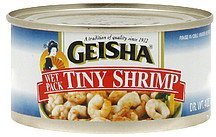
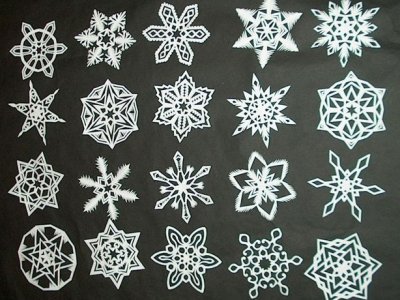
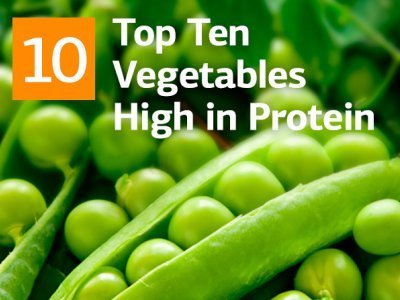

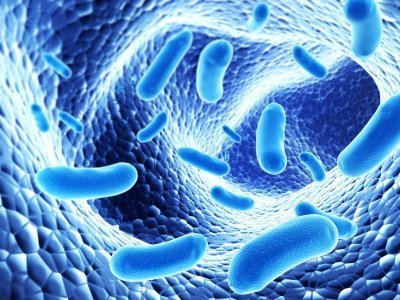






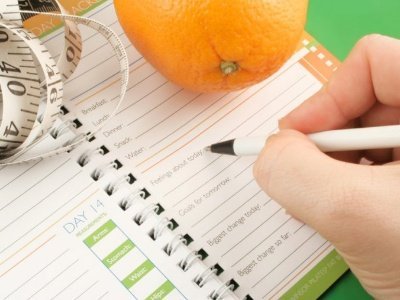
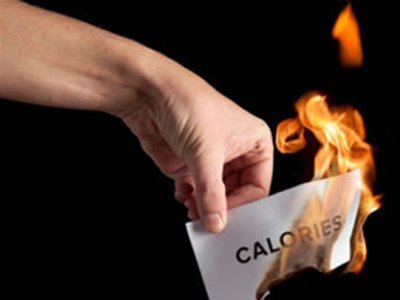
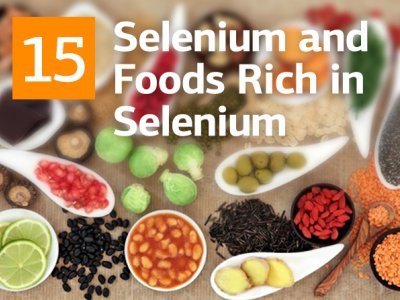
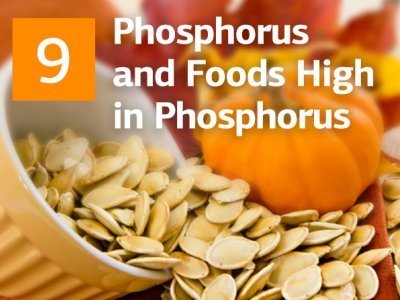
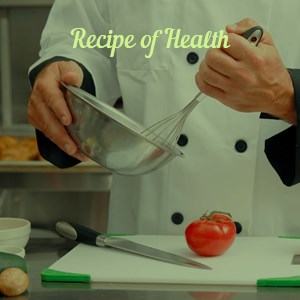
Add your comment